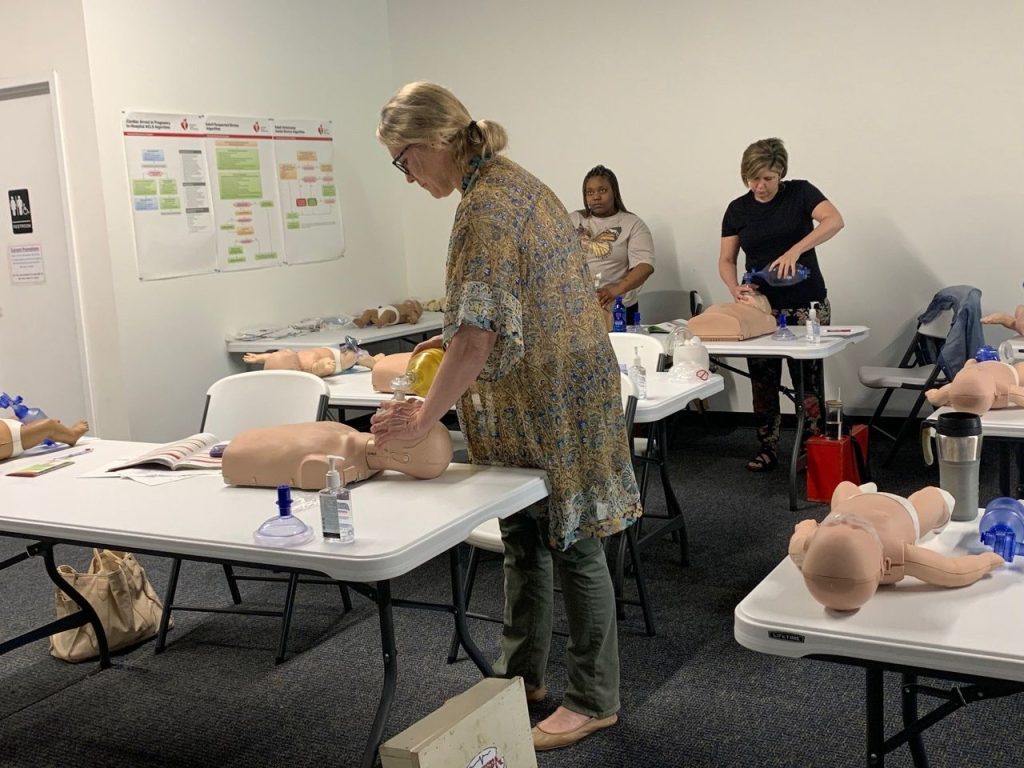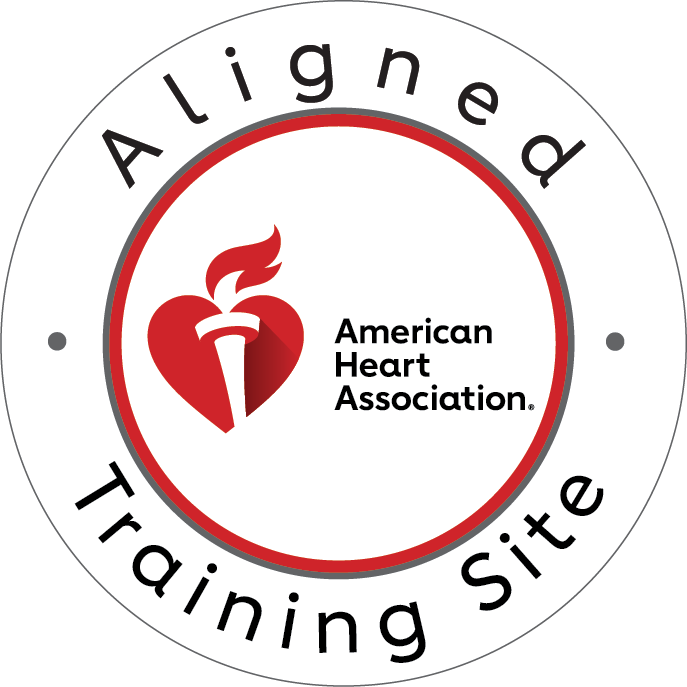Introduction
When it comes to learning CPR, selecting the right course format can significantly impact your training experience and effectiveness in real-life emergencies. With the growing availability of online CPR courses, many wonder if virtual training can truly replace traditional in-person instruction.
At CPR Kansas City, we offer both online and in-person CPR certification options, ensuring you receive the best training to meet your professional and personal needs. This guide will explore the advantages and drawbacks of both formats to help you make an informed decision.
Understanding CPR Training: Online vs. In-Person
CPR certification is essential for healthcare providers, first responders, and even everyday citizens. While the core knowledge remains the same across different course formats, the learning experience varies significantly between online and in-person classes.
Online CPR Certification: Convenience and Flexibility
Online CPR courses provide a flexible learning option, allowing participants to complete coursework at their own pace from anywhere with an internet connection. These programs typically cover:
- Video demonstrations of CPR techniques
- Interactive quizzes and assessments
- Theoretical knowledge of CPR procedures
- Guidelines from the American Heart Association (AHA)
Pros of Online CPR Courses
- Convenience: Learn at your own pace and schedule.
- Accessibility: Ideal for individuals with busy schedules or remote locations.
- Cost-Effective: Typically more affordable than in-person classes.
- No Travel Required: Eliminate the need to commute to a training facility.
Cons of Online CPR Courses
- Lack of Hands-On Practice: Online courses do not provide real-time feedback from instructors.
- Limited Skill Retention: Without physical practice, some learners may struggle to perform CPR effectively in emergencies.
- Not Always Accepted for Certification: Many employers and institutions, including healthcare settings, require hands-on validation.
In-Person CPR Certification: Hands-On Learning for Confidence
In-person CPR courses offer direct interaction with certified instructors, ensuring hands-on practice and immediate feedback. These classes typically include:
- Live demonstrations and supervised practice
- Hands-on training with CPR manikins
- Real-time correction of techniques
- Scenario-based learning for real-world preparedness
Pros of In-Person CPR Courses
- Hands-On Practice: Learn by doing, ensuring skill mastery.
- Immediate Feedback: Instructors correct mistakes in real time.
- Better Skill Retention: Physical practice enhances long-term retention.
- Required for Healthcare Providers: Many professions mandate in-person certification.
Cons of In-Person CPR Courses
- Less Flexible Schedule: Requires attending a class at a designated time and location.
- Higher Cost: Typically more expensive due to hands-on instruction and facility costs.
- Travel Time: Requires commuting to a training site.
Which CPR Certification Format is Right for You?
Choose Online CPR If:
- You need CPR certification for general knowledge or non-medical purposes.
- You have prior CPR experience and need a refresher on theoretical concepts.
- You require a flexible, self-paced learning environment.
Choose In-Person CPR If:
- You are a healthcare provider or first responder needing AHA-approved certification.
- You learn better through hands-on experience and instructor feedback.
- You want to feel confident performing CPR in real-life emergencies.
Hybrid CPR Courses: The Best of Both Worlds
Many training sites, including CPR Kansas City, offer hybrid CPR courses that combine online learning with in-person skill sessions. This format allows students to complete theoretical components online and then demonstrate skills in a hands-on session with an instructor.
Benefits of Hybrid CPR Training:
- Flexibility of online learning with hands-on skill validation.
- Meets certification requirements for healthcare professionals.
- Reduces in-person class time while ensuring practical competency.
CPR Certification Kansas City: Get Certified Today!
At CPR Kansas City, we offer stress-free, hands-on CPR certification courses tailored to healthcare providers, first responders, and individuals looking to gain lifesaving skills. Whether you prefer online, in-person, or hybrid training, our American Heart Association-certified courses ensure you receive top-tier instruction.
Ready to Get Certified?
Join the best CPR certification in Kansas City today! Choose the course format that works best for you and gain the confidence to save lives.





